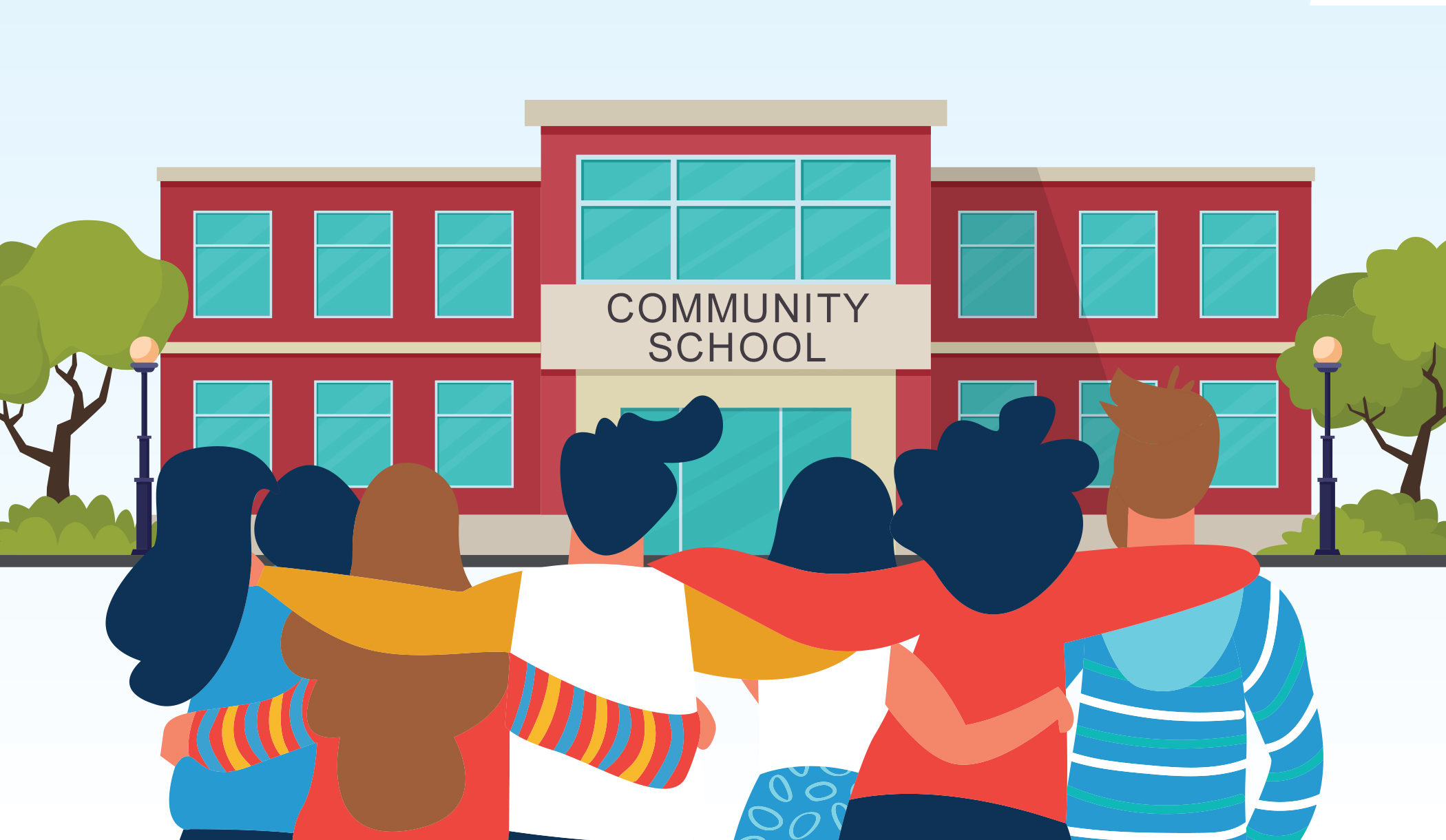Discover the Obstacles Facing Our Area: Save Temecula Schools
Discover the Obstacles Facing Our Area: Save Temecula Schools
Blog Article
Recognizing the Relevance of Schools in Youngster Growth and Neighborhood Development
Institutions' interaction with neighborhood communities through service-learning campaigns enhances the bond between households and academic institutions. This cooperative partnership emphasizes the importance of colleges in supporting energetic citizenship and long-lasting understanding practices.
Academic Accomplishment
Academic achievement works as a cornerstone of youngster development, providing the structure upon which future learning and success are developed. Institutions play a crucial duty in cultivating this academic development, offering organized settings where children can get crucial expertise and cognitive abilities. Standard curricula ensure that students gain effectiveness in core subjects such as maths, science, and language arts, which are essential for both college and specialist possibilities.
In enhancement to presenting fundamental scholastic abilities, institutions additionally grow crucial reasoning, problem-solving capacities, and intellectual interest. These cognitive expertises are essential for browsing intricate real-world scenarios and adjusting to the ever-evolving needs of the contemporary office. Teachers, as facilitators of learning, utilize diverse pedagogical approaches to accommodate varied learning designs, consequently making the most of individual trainee capacity.
Furthermore, scholastic success is very closely connected to self-esteem and motivation. Children that experience scholastic success are most likely to create a favorable self-concept and a lifelong enthusiasm for knowing. Institutions likewise supply numerous resources, such as libraries and technology, which further enhance the academic experience and prepare trainees for a highly sophisticated culture.
Social Ability Advancement
Beyond scholastic success, the duty of schools in social ability advancement is essential. Schools serve as a main location for kids to learn and exercise crucial social skills such as dispute, teamwork, and interaction resolution. In the structured environment of a class, trainees connect with peers, educators, and other college personnel, using many opportunities to develop these crucial abilities.
Reliable social ability advancement in schools is assisted in via group tasks, collective jobs, and extracurricular programs. These interactions help pupils comprehend social norms, develop empathy, and cultivate a sense of community. For example, group jobs teach students exactly how to collaborate towards a common objective, pay attention to various point of views, and browse arguments constructively.

The farming of social skills throughout school years lays a foundation for future individual and expert connections. Save Temecula Schools. As pupils grow, the ability to successfully collaborate and interact ends up being significantly essential, emphasizing the college's essential role in all natural youngster advancement
Direct Exposure to Variety
Direct exposure to variety in schools is fundamental to cultivating an inclusive frame of mind and expanding pupils' perspectives. Schools work as a microcosm of the wider culture, and coming across varied societies, languages, and socioeconomic histories within this atmosphere gears up trainees with necessary skills for browsing a significantly globalized world. This direct exposure urges empathy, minimizes prejudices, and advertises mutual regard among peers.
Research indicates that pupils that communicate with peers from different backgrounds exhibit far better analytical abilities and imagination. This understanding of diversity prepares pupils for future workplaces that worth multicultural competence - Save Temecula Schools.

Area Interaction
The advantages of diverse class extend beyond the college wall surfaces, cultivating a solid sense of community interaction among pupils. By communicating with peers from different cultural, socioeconomic, and ethnic histories, students obtain a more comprehensive viewpoint and a recognition for diversity. This exposure encourages them to become energetic citizens who agree to add favorably to their areas.
Schools that emphasize neighborhood engagement usually incorporate service-learning jobs, which permit pupils to resolve real-world problems while using scholastic skills. These projects Read More Here not only improve trainees' understanding of their coursework but likewise instill a sense of responsibility and compassion. Partnerships in between schools and local organizations give trainees with opportunities to get involved in area events, further solidifying their duty as aggressive community members - Save Temecula Schools.
Additionally, adult and neighborhood involvement in schools enhances the bond between academic establishments and the communities they serve. Through these initiatives, institutions play a crucial duty in nurturing neighborhood involvement and promoting societal development.
Lifelong Understanding Practices
Creating long-lasting learning routines is essential for a kid's continuous growth and versatility in an ever-changing world. Schools play a crucial role in instilling these practices by producing a setting that fosters curiosity, crucial reasoning, and a love for knowledge. Via extracurricular activities and varied educational programs, instructors motivate students to explore different topics, analyze details critically, and use their finding out to real-world situations.

Furthermore, colleges provide an organized setting where youngsters can create self-discipline and time administration skills, both of which are vital for constant learning. By stressing the significance of establishing goals, reflecting on progress, and adapting methods, instructional institutions prepare students to navigate the intricacies of adult life, ensuring they continue to be lifelong learners and factors to culture.
Conclusion
In conclusion, schools are vital in fostering kid growth and area growth by providing environments helpful to scholastic success, social ability advancement, and exposure to variety. Eventually, institutions cultivate long-lasting understanding routines, equipping people with the needed understanding and abilities to add positively to culture.
In the structured atmosphere of a class, students connect with peers, teachers, and various other college staff, providing various opportunities to create these important capabilities.
In essence, direct exposure to diversity within colleges not only enhances individual students yet additionally reinforces the social textile of the neighborhood as a whole.
The benefits of diverse class prolong beyond the school wall surfaces, promoting a strong my website feeling of community engagement amongst pupils.Schools that emphasize area involvement commonly integrate service-learning jobs, Click This Link which permit pupils to attend to real-world issues while using academic abilities. Collaborations between institutions and regional organizations provide pupils with opportunities to participate in area events, further solidifying their function as aggressive community members.
Report this page